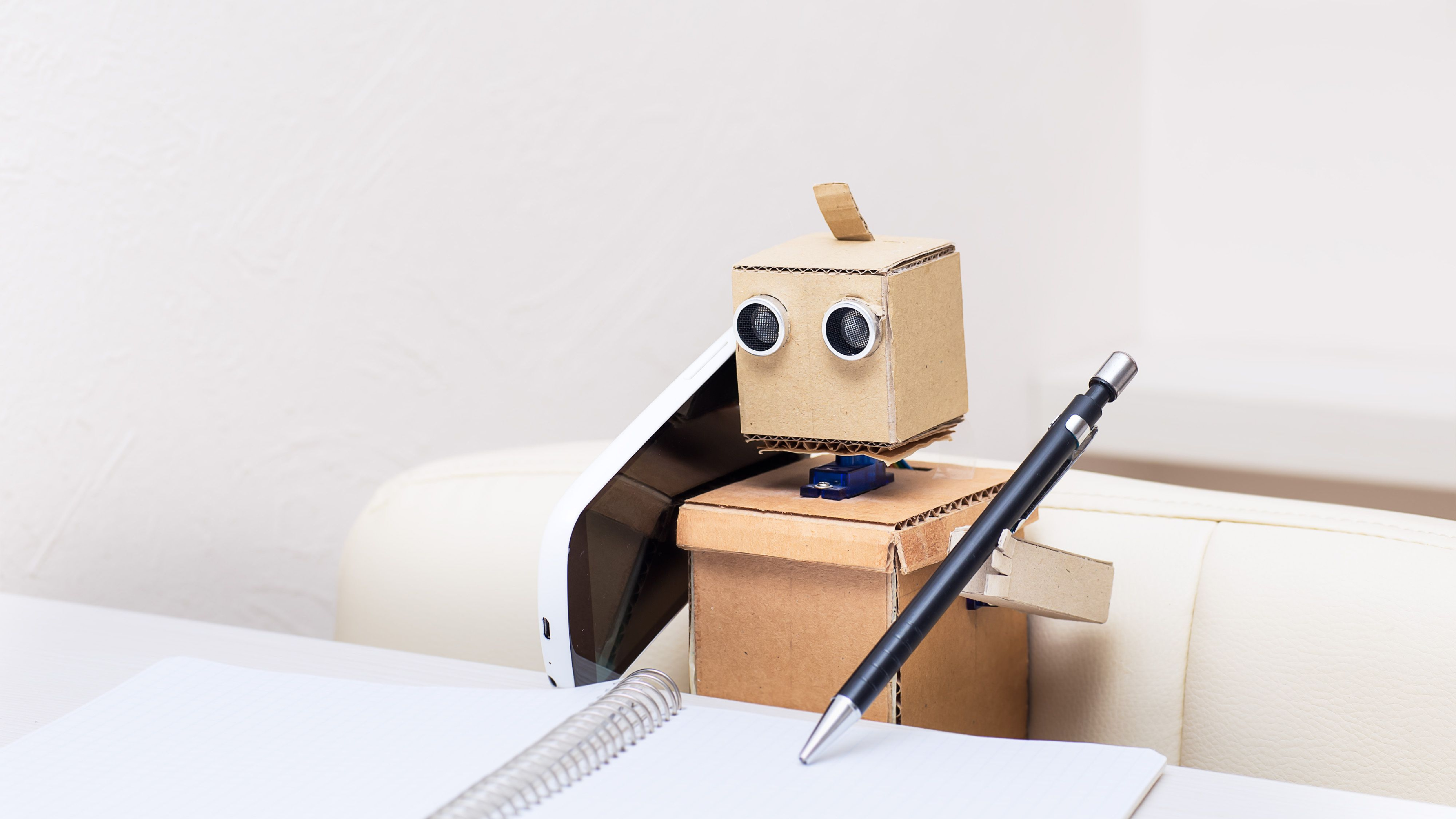I used to sweat for days over the phrasing in my resume and how to craft the perfect "interested but not desperate" salutation for a cover letter. I was certain that the magic words would at least unlock the gate to the path to the door of my dream career. Now I wonder if a human being ever even sees my submissions, or if they are always caught in the algorithmic sinktraps set up by companies to limit the number of people interviewed for a job.
The dystopian pantomime of AI-powered hiring teams encompasses everything from sophisticated resume checkers to full-on interviews with AI bots. A recent Fast Company survey found that 92% of hiring managers are using AI for resume screening or pre‑screened interviews.
Yet those same systems are discarding huge numbers of potentially good candidates. Machines are deciding who gets the welcome letter and whose CV gets sent to the spam folder. The jobs are technically available. But you'd better have couched your career in the right format and adhere to a strict template if you want actual humans to be part of the process.
All it takes is the wrong phrase in describing an old job or perhaps an unconventional role, and you may as well be invisible. And it's even worse today. Your carefully crafted resume might be indistinguishable from a spammy application written by ChatGPT and copied and pasted into 200 job portals.
I’ve applied to jobs where, even if my resume is approved, my first conversation is with a glowing rectangle that analyzes what I say in response to a set of stock questions. It didn't feel much like a real job interview. It was more like an audition for a surveillance startup.
Resume killers
What’s really galling is that even when AI is doing what it’s supposed to do, it’s still failing. Because “what it’s supposed to do” often means sorting people based on simplistic patterns, rejecting candidates with nontraditional paths, and prioritizing keyword compliance over potential. Some might say this is just the way things are now, and we have to learn to adapt.
But making job hunting into an adversarial game seems less than ideal. Defining success as unrelated to skills or ideas, just how well you decode a proprietary algorithm's definition of a perfect candidate, lands somewhere between dispiriting and a numbing march through a (correctly) defined) Kafkaesque maze of red tape, impersonal interfaces, and algorithmic gatekeeping.
A lot of professional advice today explicitly dismisses applying for jobs in favor of networking over cocktails or coffee. Even direct communication through email is encouraged. I know that can be the best path (it's how I've secured many a freelance opportunity), but if that's going to be the only way anyone gets a job, we may as well all throw our resumes away now.
It’s not just candidates who suffer. Companies do too. They’re using these tools to “streamline” hiring, but in the process, they’re accidentally building a wall between themselves and people who could bring them creativity, loyalty, and growth. It’s hard to innovate when your applicant pool is filled only with the people who figured out the keyword puzzle, not necessarily the ones best suited for the job.
AI HR oh no
Worse still, the very tools meant to save time can end up costing it. An AI filter that’s too aggressive can weed out 90% of applicants, including some of the best ones. So the company is left scrambling to re-post, re-hire, or overpay for recruiters.
Then there’s the constant maintenance: re-training the model, analyzing false negatives, adding new keywords, removing bias (or trying to), and doing all of this without accidentally violating a dozen new HR tech regulations that get updated every time a senator reads TechRadar.
We’ve accepted all this because it’s efficient. Because it's scalable. But is it sustainable? After all, there may not be anyone around to look at even the best candidates, according to former chief business officer at Google X, Mo Gawdat. He recently said on a podcast that AI is likely coming for everyone’s job, including the CEO. His own startup, Emma.love, was built by three people with AI tools, and he says it would’ve taken 350 developers in the past. That's great for his bottom line. Not so great for those other 347 would-be developers.
We’re building walls and calling them windows. And of course, AI can help with hiring, but it shouldn’t be the first and sometimes only voice in the room. Resumes shouldn’t be autodeleted when a serif is encountered, and people shouldn't have an AI chatbot judging their ability to work with a team.
But that seems to be where things stand as I contemplate the latest collection of cover letters I've painstakingly composed this month. Perhaps the next tweak of the wording will at least get a human to consider me for a role. See you at the next happy hour.











 English (US) ·
English (US) ·